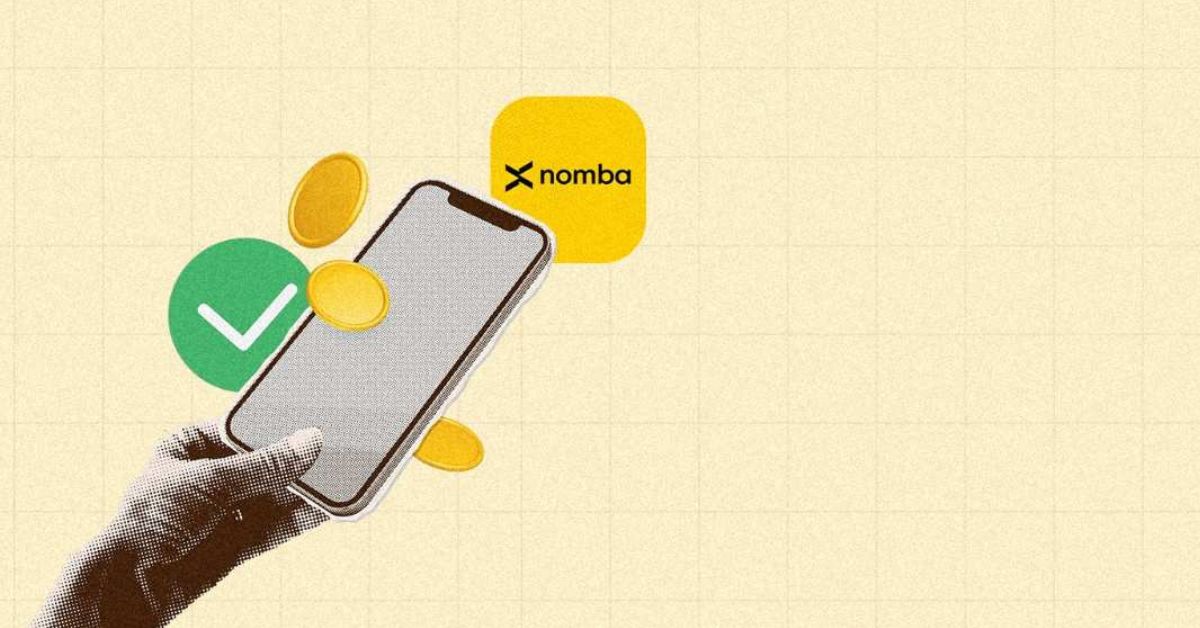The BackEnd explores the product development process in African tech. We take you into the minds of those who conceived, designed and built the product; highlighting product uniqueness, user behaviour assumptions and challenges during the product cycle.
—
Steve Jobs built the biggest consumer tech company of all time because he was the best at welding functionality and aesthetics. But he made that brand lovable by prioritising customer experience.
“You’ve got to start with the customer experience and work back toward the technology – not the other way around,” he famously said.
A lot of companies have taken on this ethos. Startups have dedicated customer experience (CX) units to figure out how to cultivate satisfaction and loyalty in users. One aspect of CX is customer engagement; building relationships with customers through tools like email, live chat, push notifications and the odd shoutout on social media.
Mailchimp, Twilio and Amazon’s Simple Email Service are among the most popular platforms providing features for customer engagement. Each is a multibillion-dollar company with recurring revenue from services like transactional messages, i.e. the type of message a startup sends after users sign up for a service or complete a purchase.
One Nigerian startup is pushing a super-platform that helps companies engage with their users using segmentation and personalization.
The name? Engage. Opeyemi Obembe and Victor Eduoh, the startup’s co-founders, want it to be the platform that helps every company build relationships with customers.
Obembe used to be a lead engineer at a health maintenance organisation in Lagos, where he realised how important customer messaging is for business growth, retention and ultimately, revenue.

Obembe’s view is that businesses don’t grow by sending generic broadcasts to every customer, without considering how unique user profiles are. He gives the example of a bank that keeps nudging him to take a loan; when he dials the USSD code, a message pops up saying he cannot borrow because he has no account with the bank.
“You should be able to target conversations only to people it is useful to,” he says.
How does Engage work?
Engage lets companies segment customers by variables that are relevant to their business goals.
A company can plug in their existing mail provider services like MailGun or Amazon SES and Engage promises to break the data down into detailed analytics and reporting. The company can then use the granular data to make transactional messages more relevant to the user. Messages can be sent to users through multiple channels; email, SMS, push notifications.
While Obembe credits Amazon, Mailchimp and other existing mail infrastructure companies for currently leading the way, he says Engage is bringing new value into the market.
“We’re different in two ways: we are heavily focused on transactional messages which nobody is doing at the moment. We are the only solution that lets you bring in your existing messaging infrastructure.”
On the Engage backend, there are integrations for payment service providers (Paystack, Flutterwave, or Stripe). With those, companies can segment users by payment events and automate payment emails.
My impression is that Engage is not a car manufacturing factory but is rather aiming to be an efficient assembly plant that helps companies integrate parts into a whole. As with payment integrations, there are also plugs for messaging platforms like Twilio, Termii, and Hollatags.
But Obembe says they are not merely coupling parts. Their mission is to help companies see more value from the individual platforms when combined together than would be possible when used independently.
Who is it for?
For now, Engage will focus on helping tech companies with transactional messages.
The current version is a minimum viable product, Obembe says. They want to take feedback from companies that engage up to 200,000 customers per month and go big in the coming months.
Eduoh, who leads the startup’s marketing, says Engage charges up to $100 per month for companies currently using the platform.
Launching the MVP comes with the risk that Engage may be misunderstood as too niche a product, a concern Obembe admits. But they already have a few backers; Diaspora Angels Network, angel investor Olumide Soyombo, 8185 Investment (led by Adeleke Alex-Adedipe) and a Nigeria-based venture capital firm have helped the startup to a $100,000 raise.
“We believe that when people engage customers better, customers will be willing to pay more,” Eduoh says.
It’s a belief and a promise: Engage can help your customers trust you more. It’s a pitch to companies not just in Africa but across the world. That raises the scrutiny on Obembe and his band of five, but also the potential for global success on Mailchimp and Amazon’s scale, should they crack the customer engagement code.




















